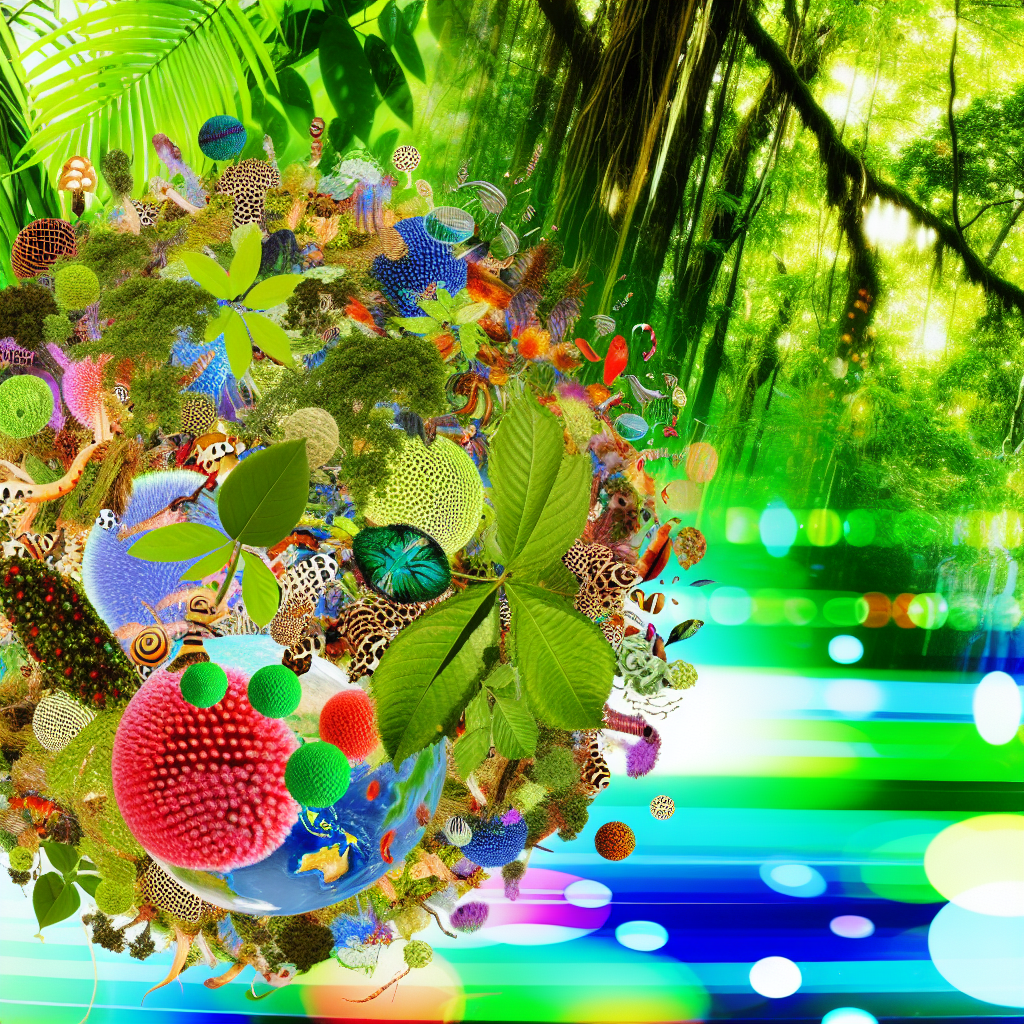
Have you ever paused to ponder the intricate tapestry that is life? It’s a question that has fascinated philosophers, scientists, and everyday thinkers for centuries. Life, in its myriad forms and expressions, is a subject that never ceases to captivate our imagination. From the smallest microorganisms to the vast complexities of human existence, life is a phenomenon that is both profoundly simple and infinitely complex.
Consider the journey of a single cell. It begins as a microscopic entity, yet it holds within it the potential to become a part of something much larger. This cell divides, grows, and eventually contributes to the formation of tissues, organs, and entire organisms. It’s a process that is both miraculous and mundane, happening countless times within our own bodies every day. But what does this tell us about the broader concept of life?
The Miracle of Existence
Life is not just a biological process; it’s a miracle of existence. Every living being, from the tiniest bacterium to the largest whale, is a testament to the incredible diversity and adaptability of life. This diversity is what makes life so fascinating and worth exploring. For instance, consider the various ecosystems around the world. Each one is a unique blend of flora and fauna, adapted to thrive in specific conditions. Whether it’s the lush rainforests of the Amazon or the arid deserts of the Sahara, life finds a way to flourish.
Moreover, life is not static. It evolves, adapts, and changes over time. The theory of evolution, proposed by Charles Darwin, provides a framework for understanding how life has developed and diversified over millions of years. This constant state of flux is what makes life so resilient and enduring. It’s a reminder that change is an inherent part of existence, and adaptability is key to survival.
The Human Experience
When we talk about life, we cannot ignore the human experience. Humans are unique in their ability to reflect on their own existence, to ask questions about the meaning and purpose of life. This introspection has led to the development of art, culture, philosophy, and science. It’s what sets us apart from other species and gives our lives a deeper sense of purpose.
For example, consider the works of great philosophers like Socrates, Plato, and Aristotle. Their inquiries into the nature of life and existence have shaped the way we think about ourselves and the world around us. Similarly, scientific advancements have allowed us to understand the biological processes that underpin life, from the functioning of our cells to the complexities of our ecosystems. This blend of philosophical and scientific inquiry enriches our understanding of life and our place in the universe.
Closing Thoughts
In conclusion, life is a multifaceted phenomenon that encompasses both the biological and the existential. It’s a journey of growth, adaptation, and discovery. As we continue to explore and understand the intricacies of life, we are reminded of the beauty and complexity that defines our existence. Whether through scientific inquiry or philosophical reflection, the quest to understand life is a journey that is both challenging and rewarding.
So, take a moment to reflect on your own life. What are the experiences that have shaped you? What are the questions that drive your curiosity? By engaging with these questions, we can gain a deeper appreciation for the miracle of life and our place within it. For further reading, consider exploring articles on the theory of evolution, the diversity of ecosystems, and the philosophical inquiries into the nature of existence.
Leave a Reply